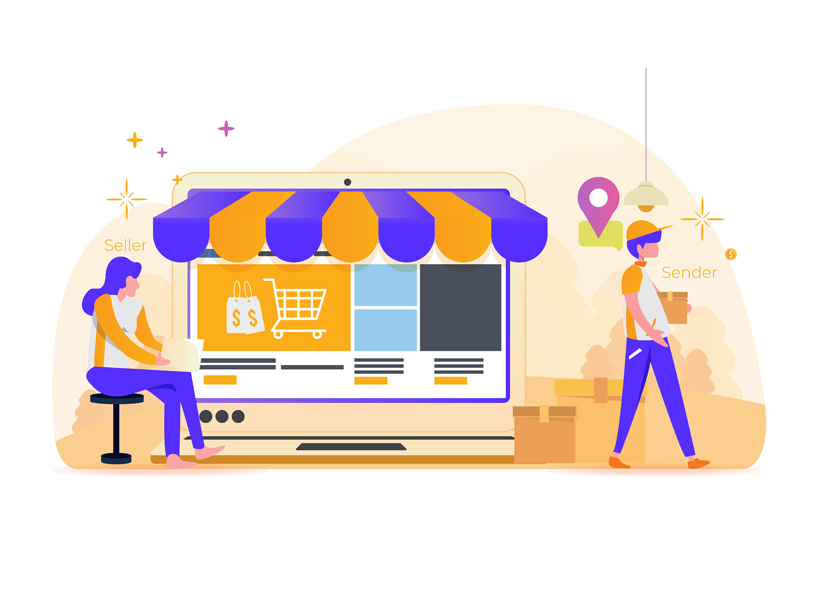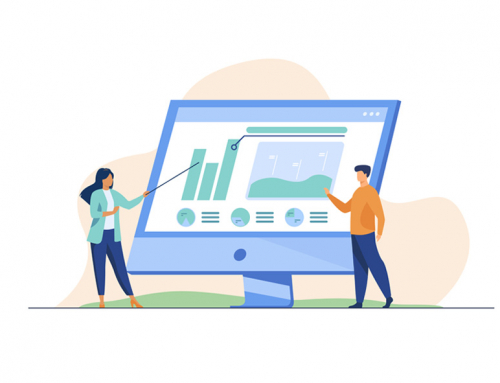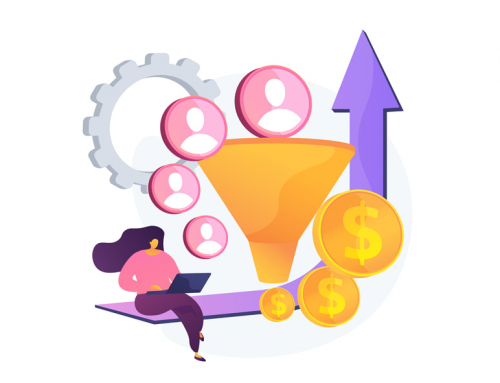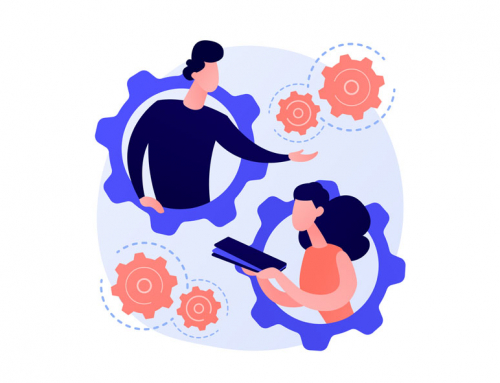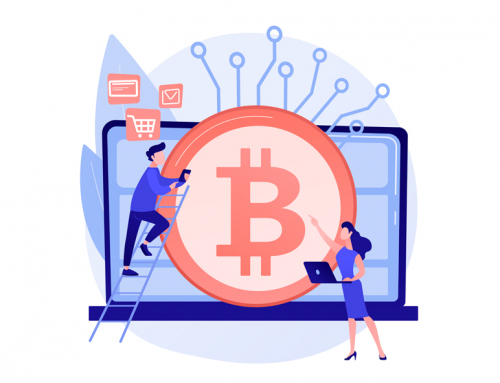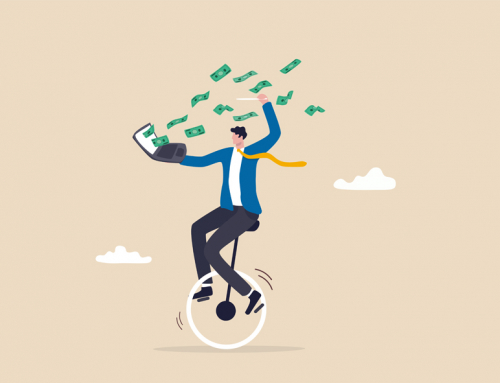When dropshipping we have the feeling that we are going to offer our supplier all the information to create a sub-brand with our success and our customers. There is only one way to do this: the Mandalorian way. And what does this mean? Our brand must be uncopyable. The only way to survive is to create branding, non-stop marketing. In today’s megaglobal market this is the only thing that will save us from copying, third party big data, etc. The user sees the brand and the brand is what he wants. Protecting yourself is important and the brand cannot be imitated, and if it is imitated we are being advertised to.
For example, if we have a textile product, which we sell by dropshipping, and therefore we do not manufacture, we do not ship, and we endlessly cede data to one and others, our success will be very limited because we will give others the wings to copy and reference our efforts. Branding gives us strength, leverage, and prevents copying. Branded customers are the ones we should be looking for. The price product must protect the customer, the branded product attracts through the brand. That is why it is not so risky, because open channel information does not matter (to a certain extent) because the brand lasts, and also allows us to grow with other branded products, with several suppliers.
The first thing to do is to make an analysis of how my brand is doing, the sector and the competition, and what economic and human resources we have to achieve them.
It is recommended to draw up a good marketing plan in order to know the ground we are treading on and, above all, “to avoid mistakes”. Among these mistakes that traders sometimes make are not having a well-defined target public and the product they want to sell; identifying hidden costs; not doing the same as others; calculating margins well; finding a balance between online marketing and communication and knowing how to manage the online shop.
Selling online means learning new things such as how to set up an online campaign, which actions work best, how to make the most of the advertising budget, logistics and their costs… The physical and the virtual are similar, but they also have substantial differences that need to be taken into account.
The use of online sales compared to other EU countries, Spain is one point behind the average, i.e. 7% compared to 8%. To improve performance, you have to think of an online shop as a physical business, where there are external costs that we must assume: online marketing is a matter for professionals. If in my physical shop I will look to do the refrigeration system myself, or the installation of any kind, it is likely to be more expensive in the long run. Everyone understands that, but when it comes to hiring the services of online marketing professionals, we go for super-bids or are self-taught to an extreme degree. Investing 100 expecting to sell 1000 in 1 month is absurd. Online marketing is a matter of effort, time and knowledge.
